With her debut EP Mirror River, Amazondotcom has captured imaginations with a production style that imitates the natural world: organic meshes of the familiar and unfamiliar create rich systems of sound, where change is more or less continuous. Ideas in the mix compete for dominance like plants in a rainforest, entangling each other and forcing their way briefly to the top, before giving way to new life and variation. Hard-to-parse rhythms unfold like flowers, revealing pleasing and unexpected patterns. Bird song, both untreated and heavily processed, rings throughout. For such relatively minimal works, her tracks teem with life.
The first release on new LA label Subreal, the LA-based producer has drawn on her Korean heritage, a love of sampling and an essential independence of thought to put together a spirited set of esoteric club sounds.
First of all, I love the cover. What’s going on there? “I’m not exactly sure myself, and I want to keep it that way. It’s nice to think about odd scenarios without committing to an overt narrative, like how events happen in a dream. I knew that I wanted a strong nature presence, but with something disrupting it as well. That’s a general concept that seems to apply to my music.”
Tell me about your relationship with found sound: what results does sampling produce which you enjoy? “I love the idea of salvaging things that are thrown away, or things that exist without a clear purpose. If you imagine picking up a bunch of random stuff off the street and building a strange-looking house with it, that’s how I feel about found sound.
Another reason I love sampling is because these are sounds I didn’t make myself. Synthesising my own noises is fun, but the whole process of making music alone can feel lonely, and I get tired of myself and my desire to control something. Finding a sample or a field recording that someone else made lends me a slice of their perceived time and place. I can hear through the reverb and quality of the sound what kind of place they were in, what relative position their microphone was in, how they were holding it, whether they were walking or standing still… it’s nice. Stitching together different slices of separate people’s time, space and perception is a strange and unnatural act of assemblage, and the results are always unruly and unexpected.”
You’ve talked about a preoccupation with shamanism. Tell me more about the ‘digital context’ you wanted to present the practice through with this record. “Shamanism is one of the oldest known philosophical systems in Korea, and its rites and rituals are full of functional music and rhythms: to heal sickness, to exorcise spirits, to intervene in agriculture. I was thinking about how music has worked for me in the past, and for the majority of my life, I would say I’ve used music for these types of everyday things. I wasn’t thinking much of the club.
I wanted to propose something very far removed from Western culture, and not as a ‘fringe’ phenomenon, but as one of many real ways to look at, create in, and move around in the world. There are still people practicing shamanism in Korea, especially in the countryside. Using a digital medium to propose these kinds of imaginaries—alternate futures, presents and pasts—makes sense for me, not only because I have this intimate relationship with technology, but also because it challenges me to make something something that’s new rather than fall into nostalgia.”
There’s a contrast between the spirituality you’re driving at, and your moniker, which reads tongue-in-cheek. Is there a story there? “There isn’t much of a story. I can be overly serious about my work, and taking on this bland, silly corporate moniker helps me with that.”
There’s hints of some genres in the EP—I can hear some dancehall, for example, maybe even some jersey—but I think you have been largely successful in your stated goal not to bind yourself to anything. Why did you feel this was important? “If I pursue certain genres while producing, it feels like I’m closing all doors from the outset. I’ve tried to do it, and it doesn’t work for me. I know what I’ve loved listening to in the past, dancehall and jersey included, and when I’m producing it all comes out naturally. I don’t force anything. If I have any agency at all in this world, it’s to allow myself this—to just be. It can feel like I’m not allowed that agency in other spaces. In a way, it can be more considerate towards the genre too. Listening to a genre I love moves me into new areas of possibility, as opposed to simply re-interpreting or re-hashing it—although of course, a lot of people do this really well.”
Amazondotcom – Mirror River is out now on Subreal. Buy from Bandcamp here.


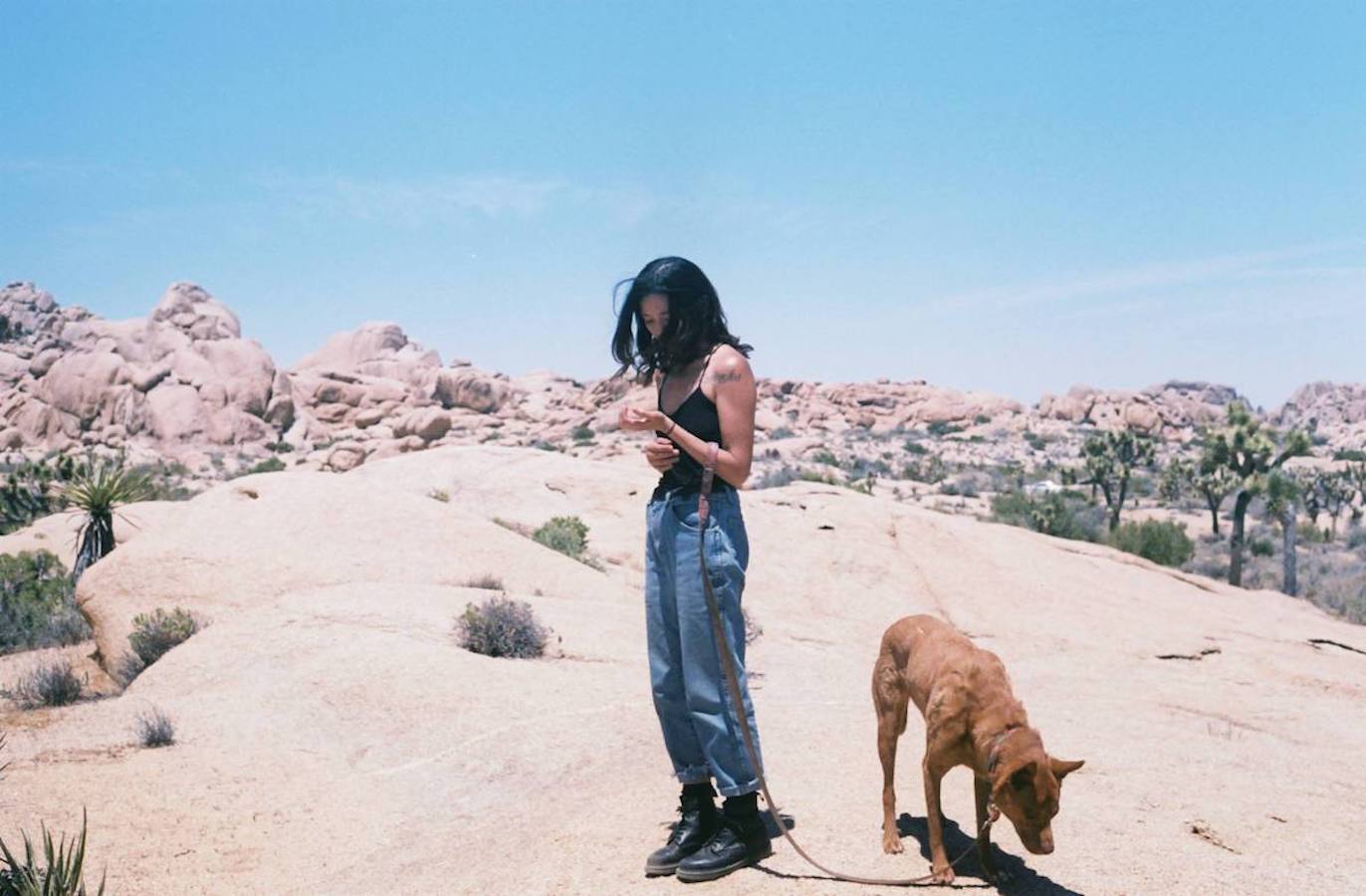
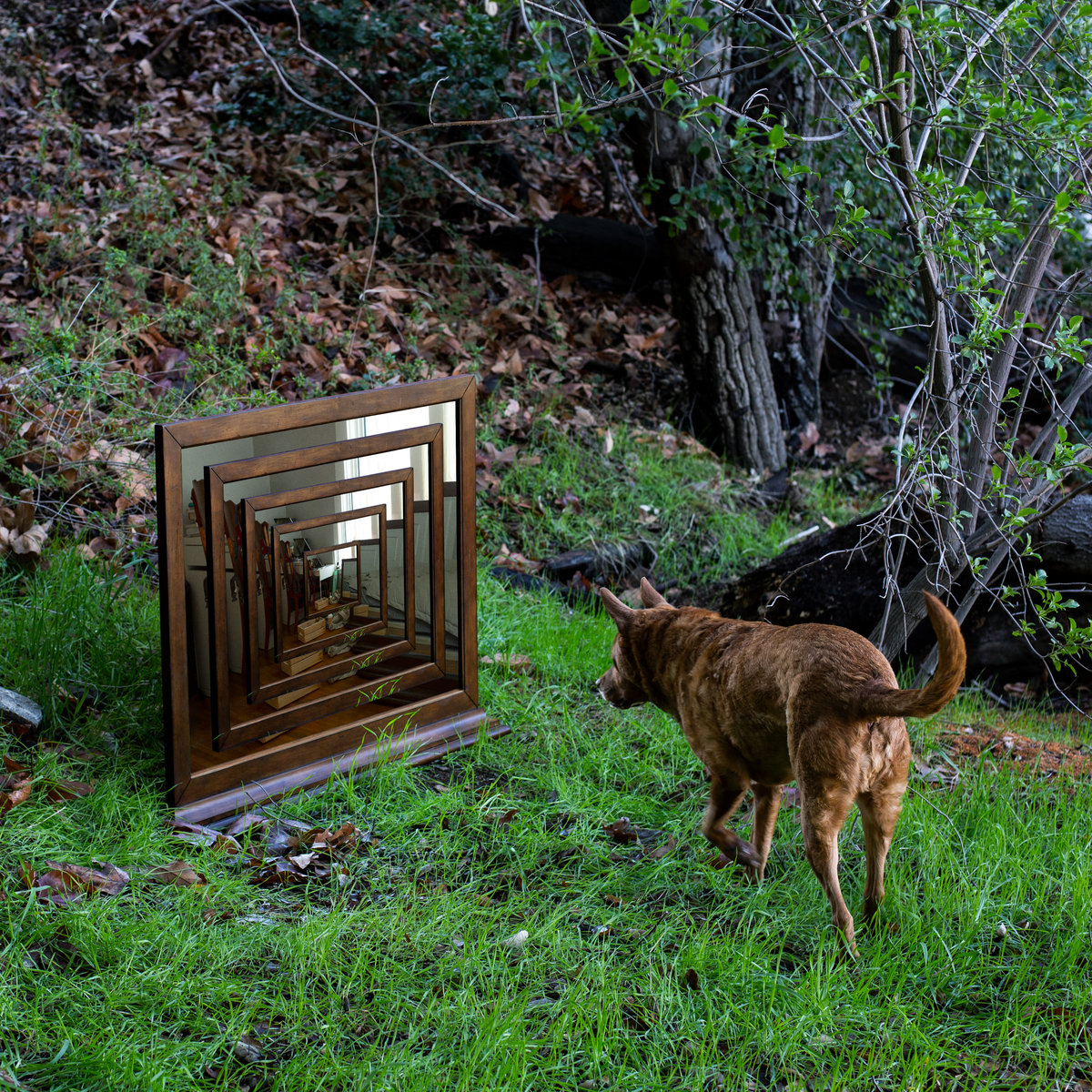
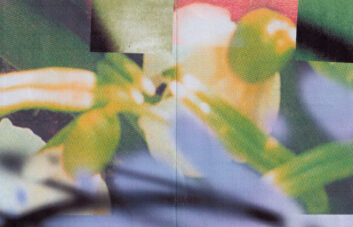
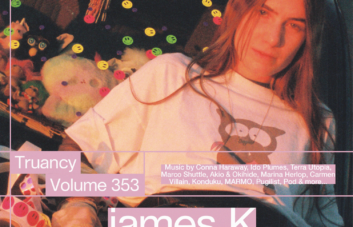
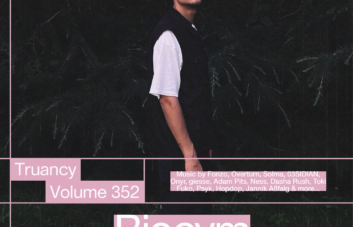
erm, this is the most amazing music i’ve ever heard… thx for the interview *-*